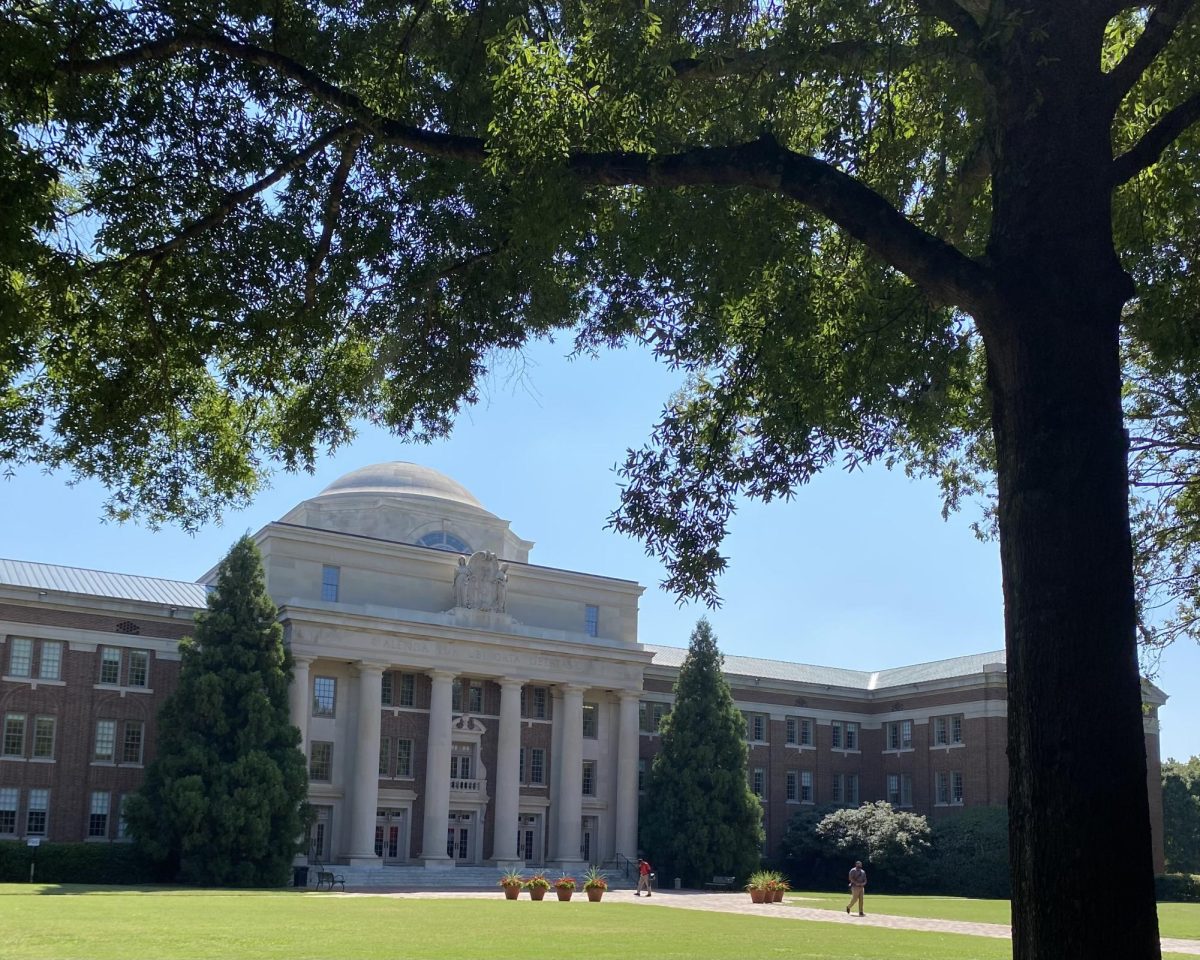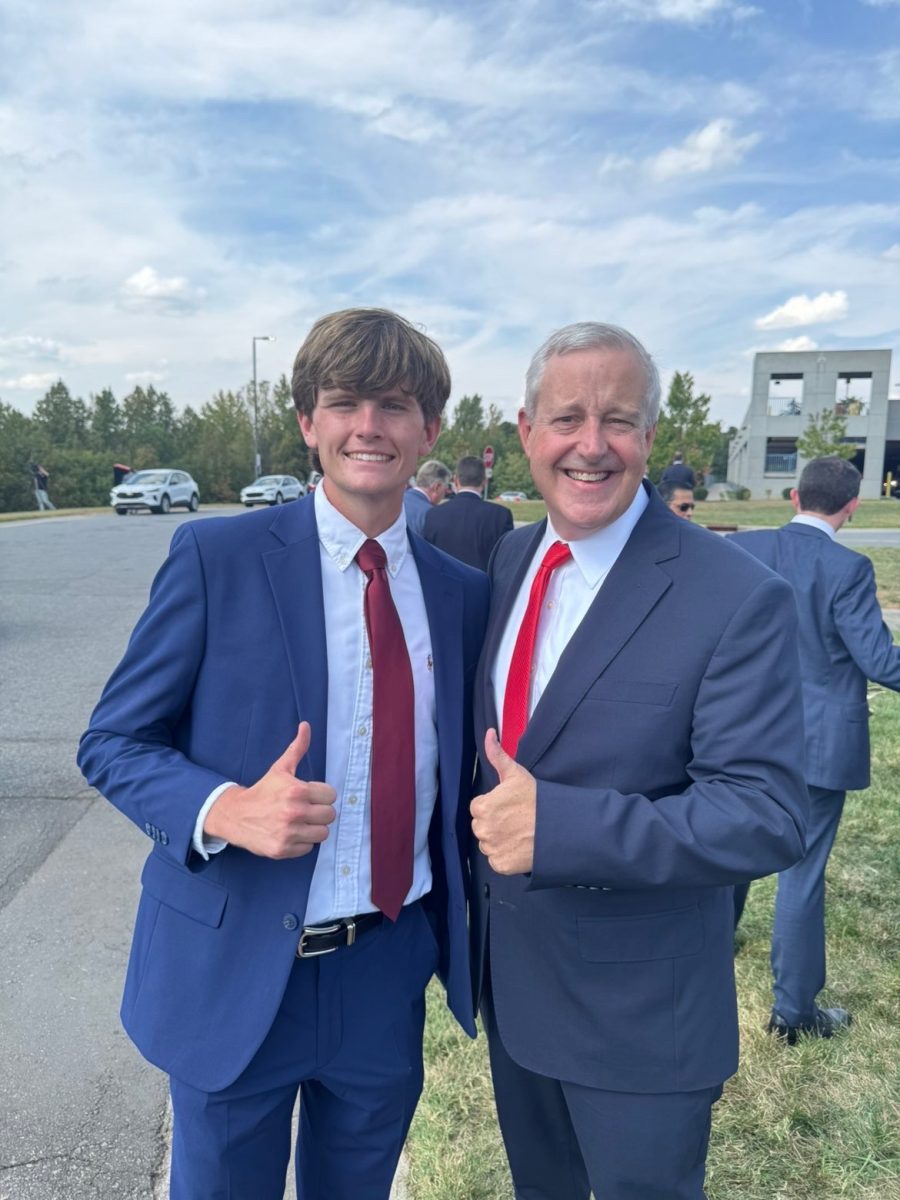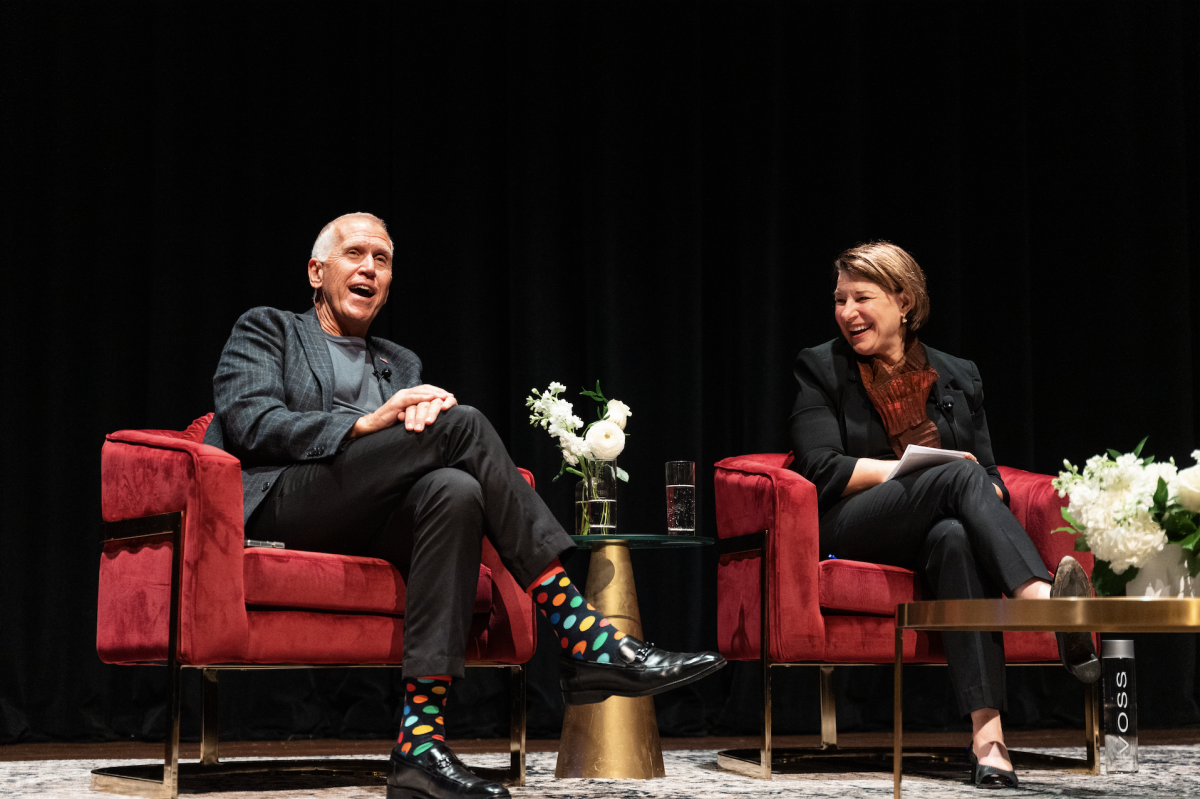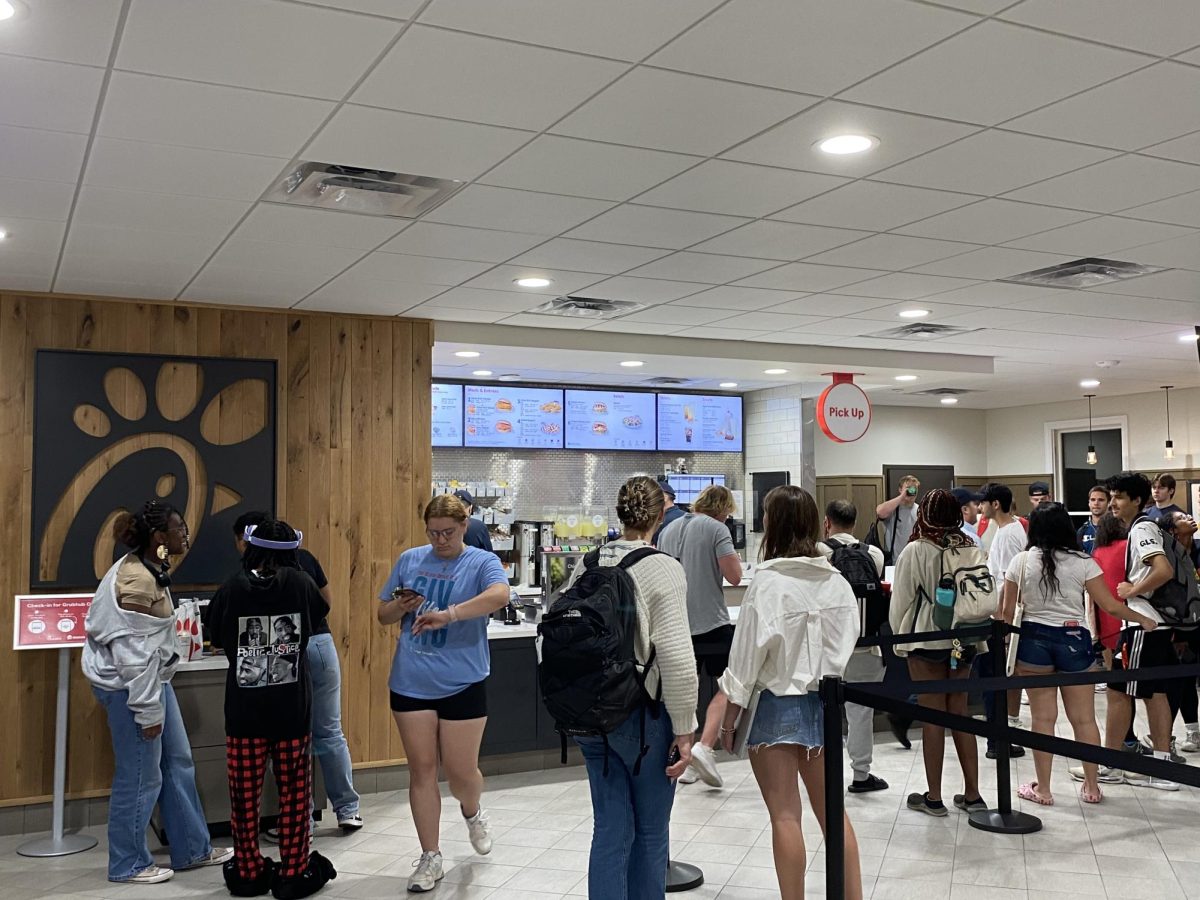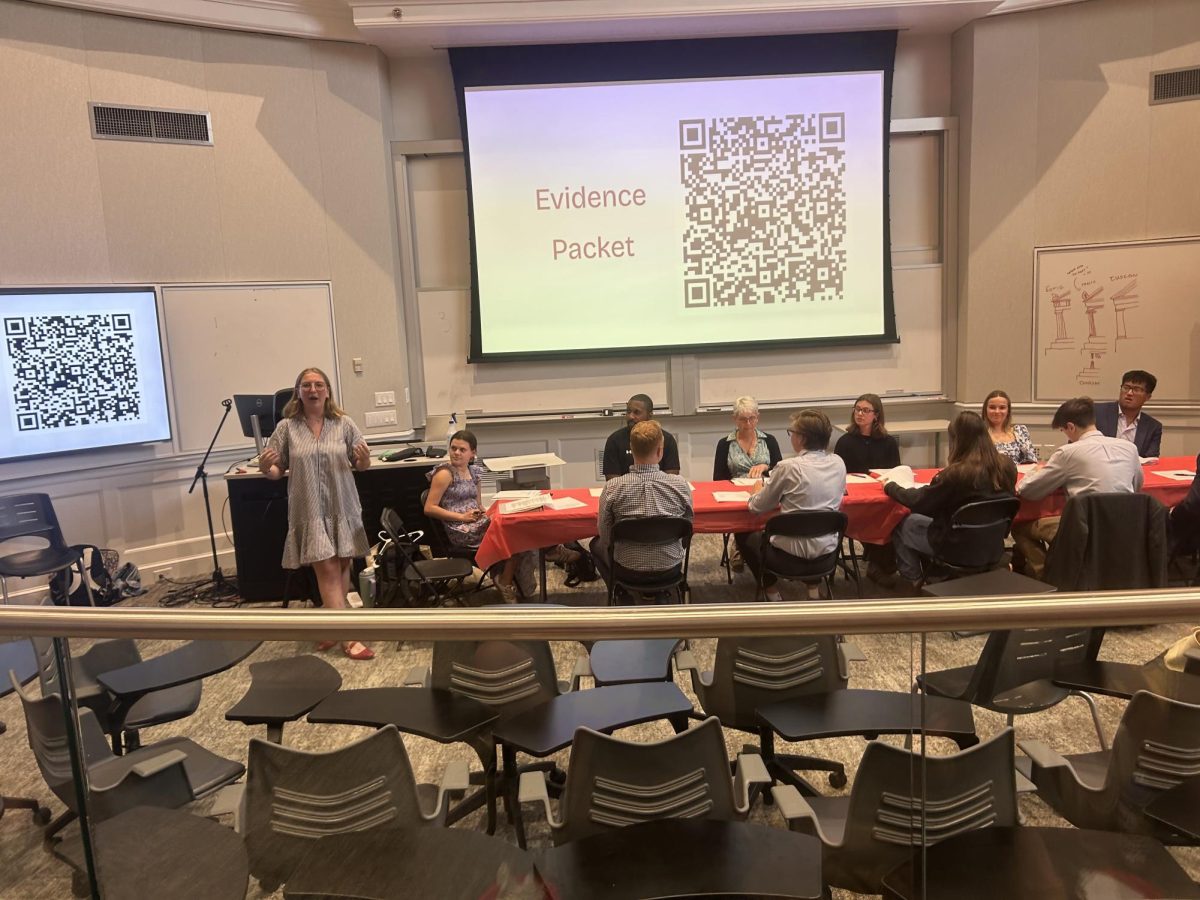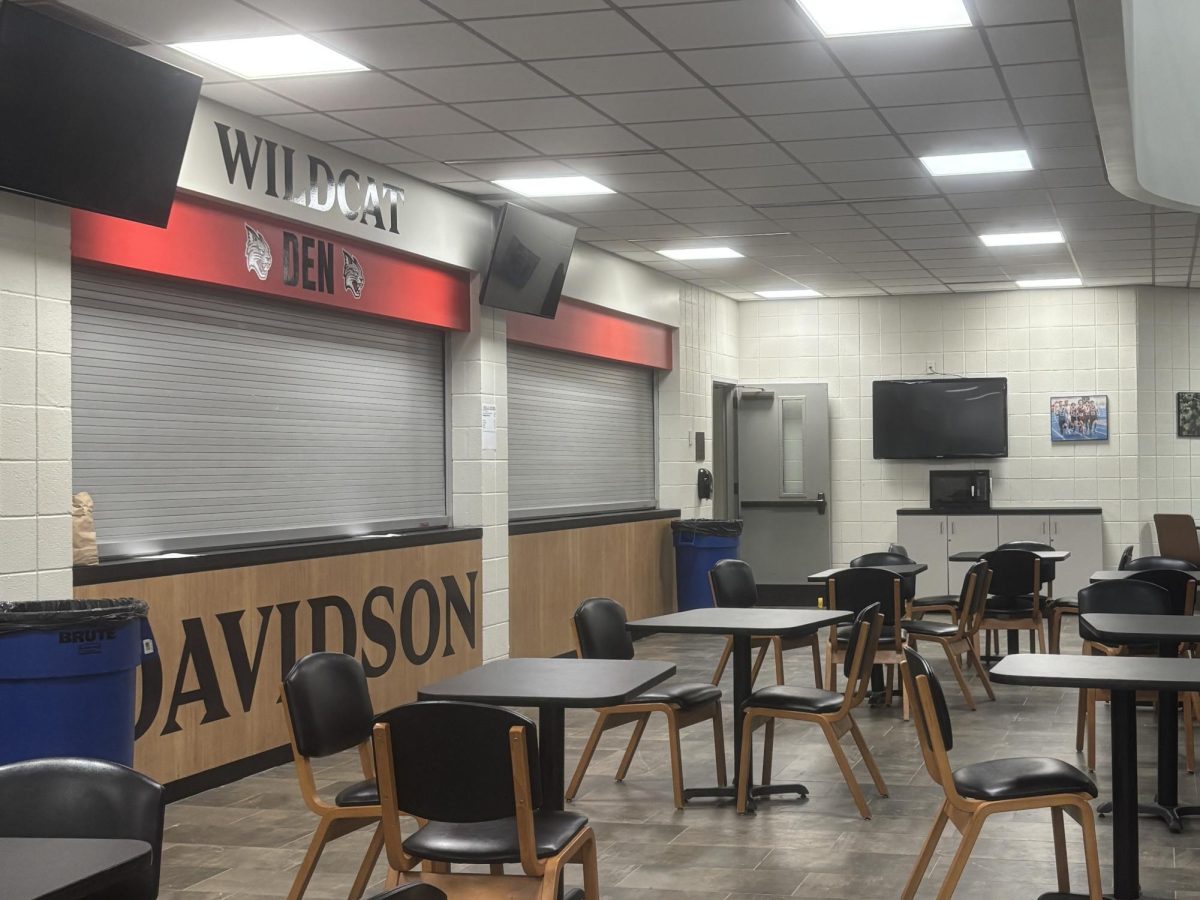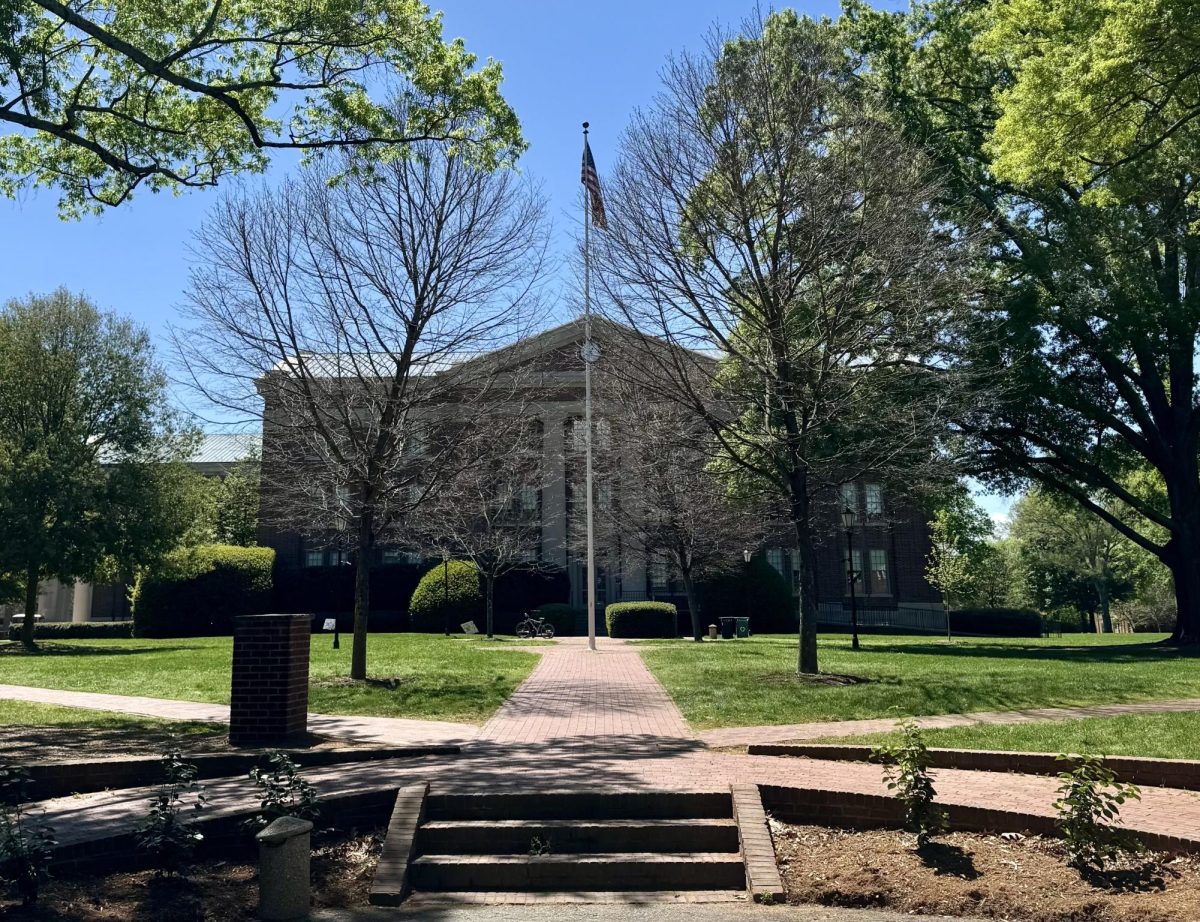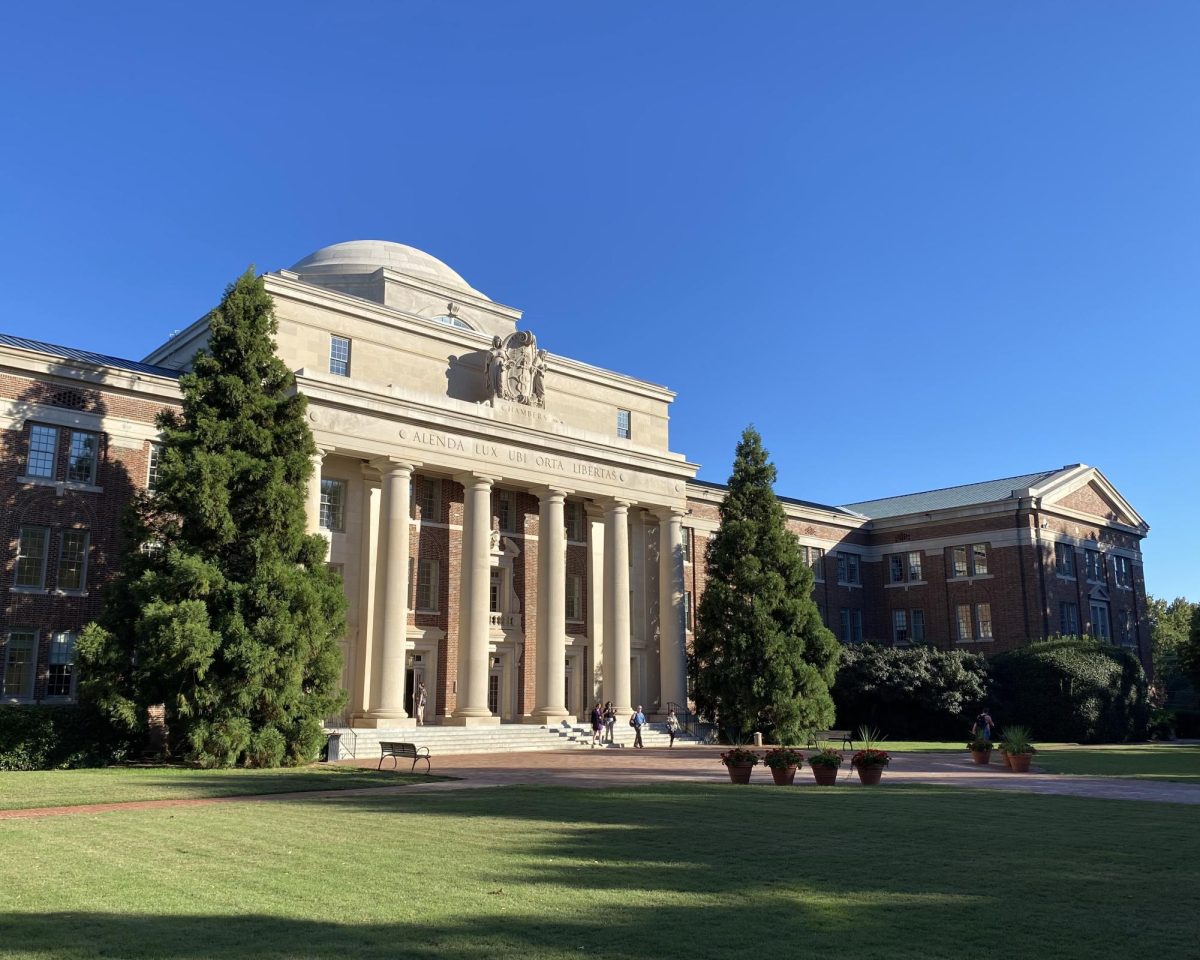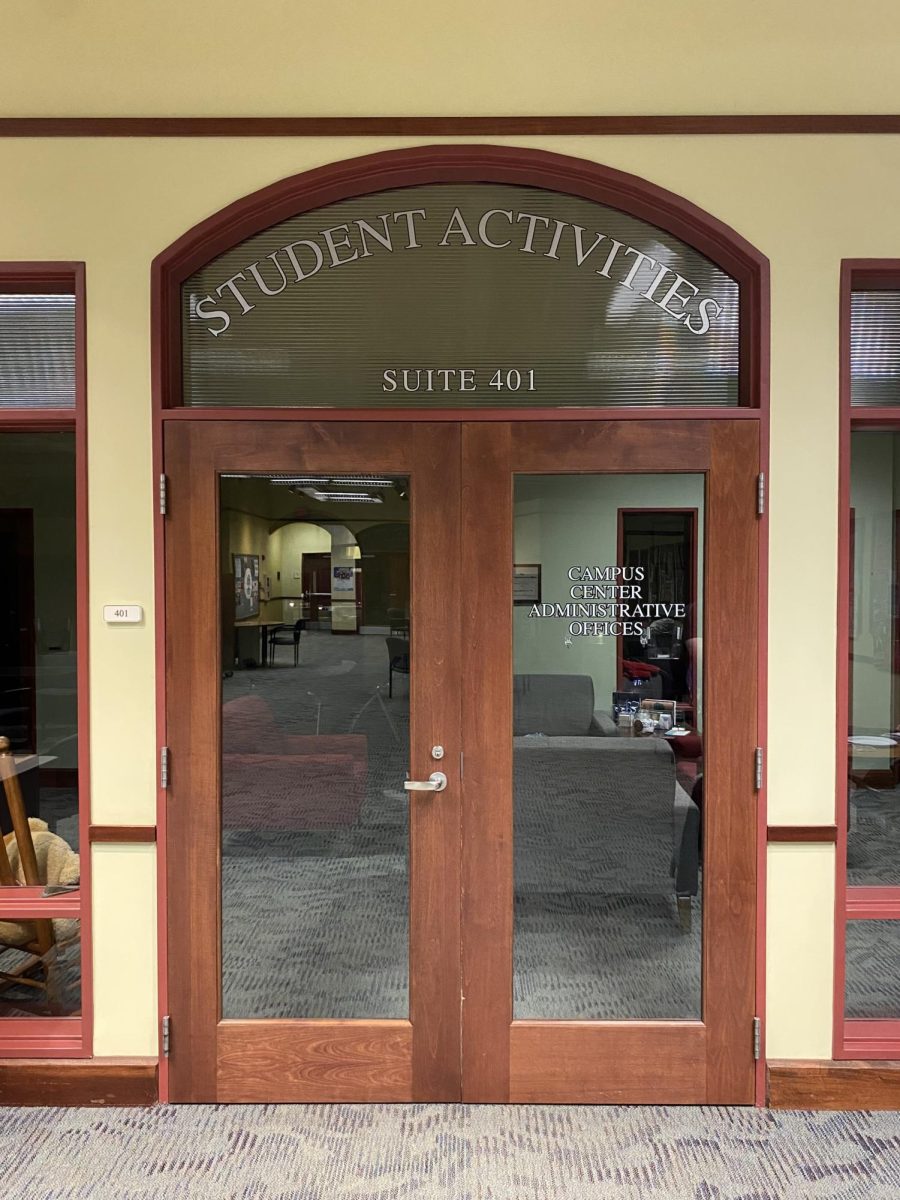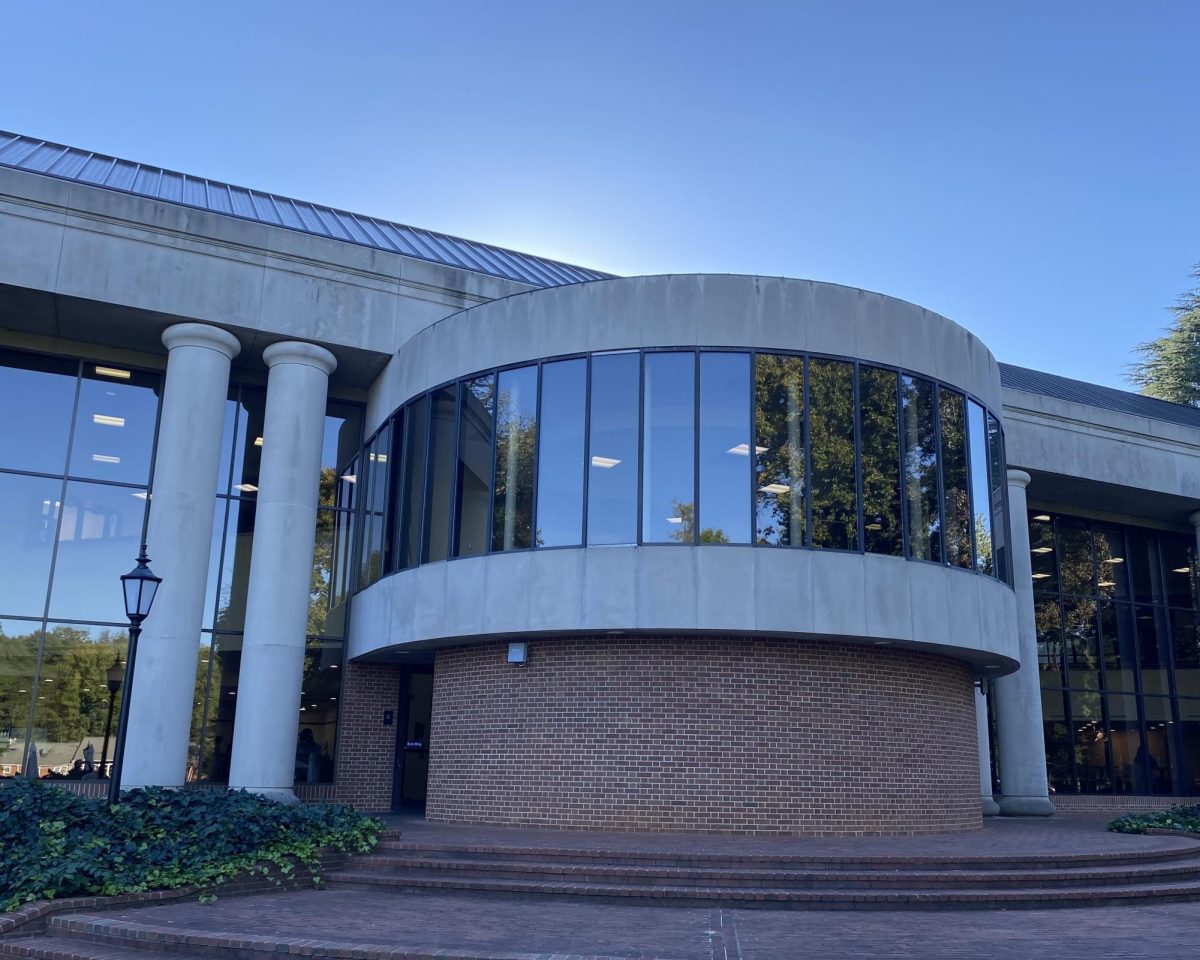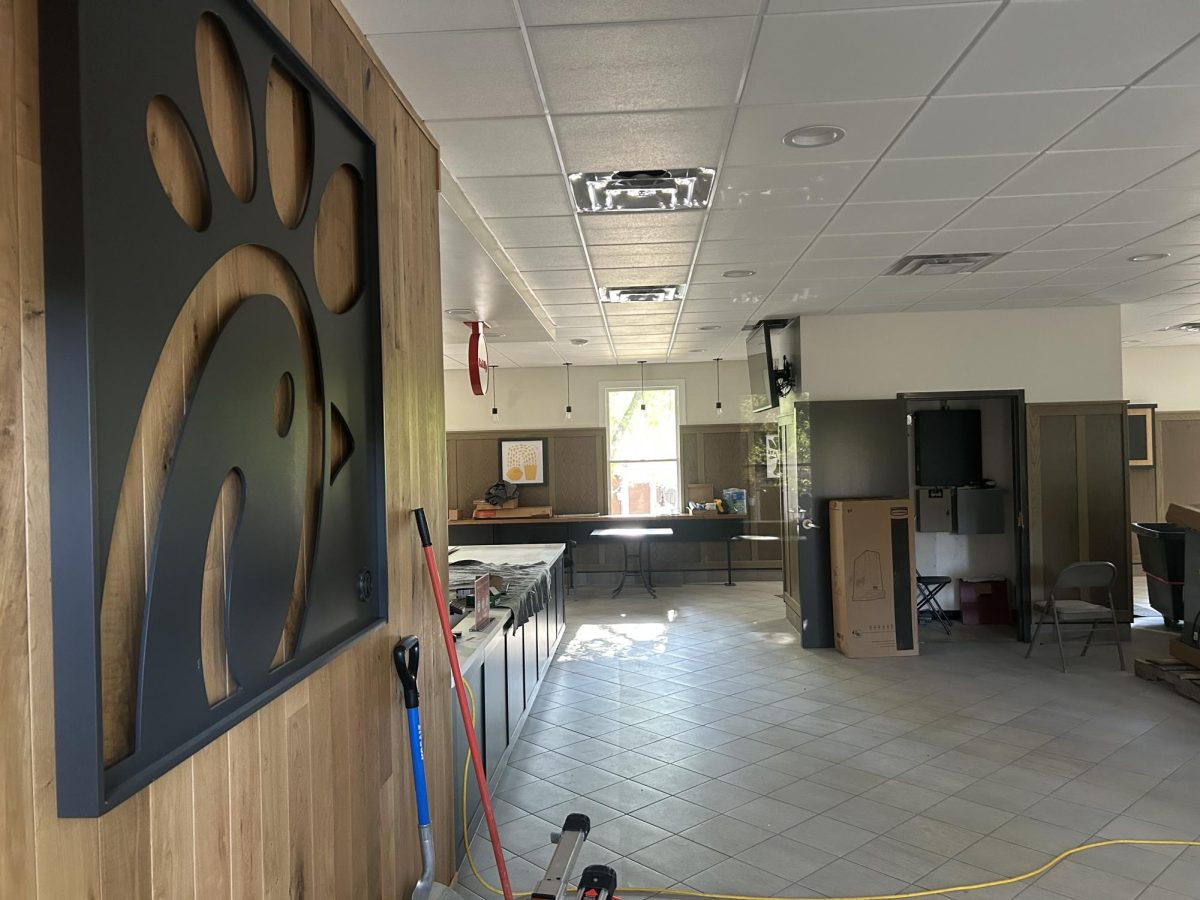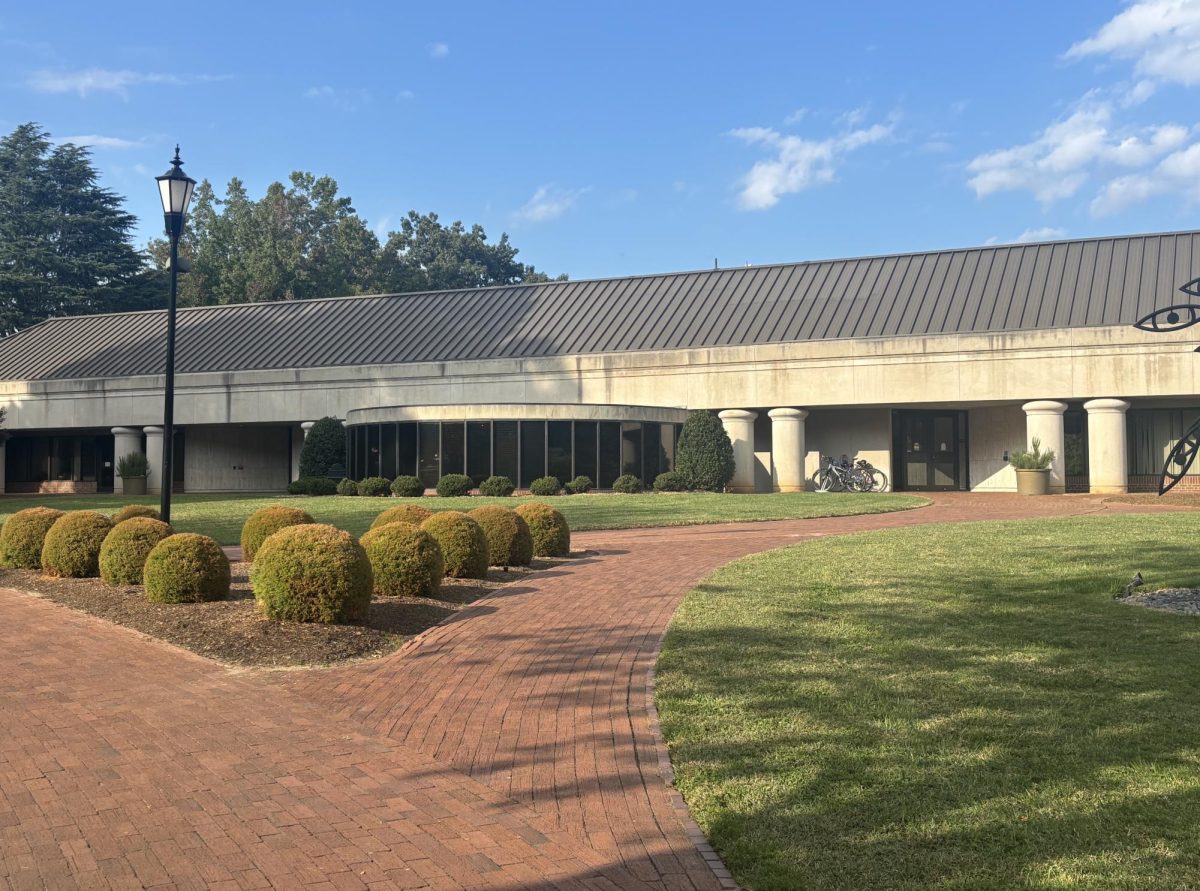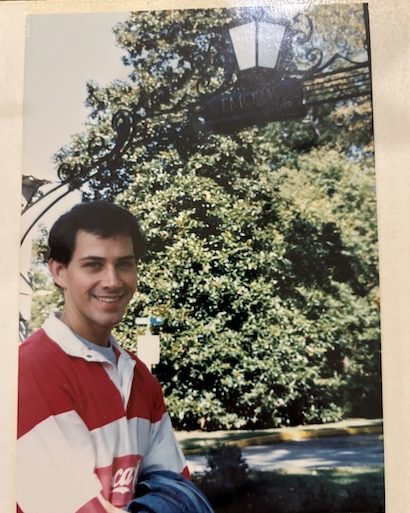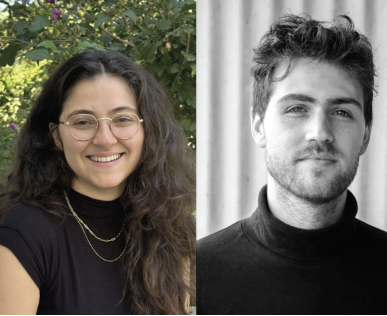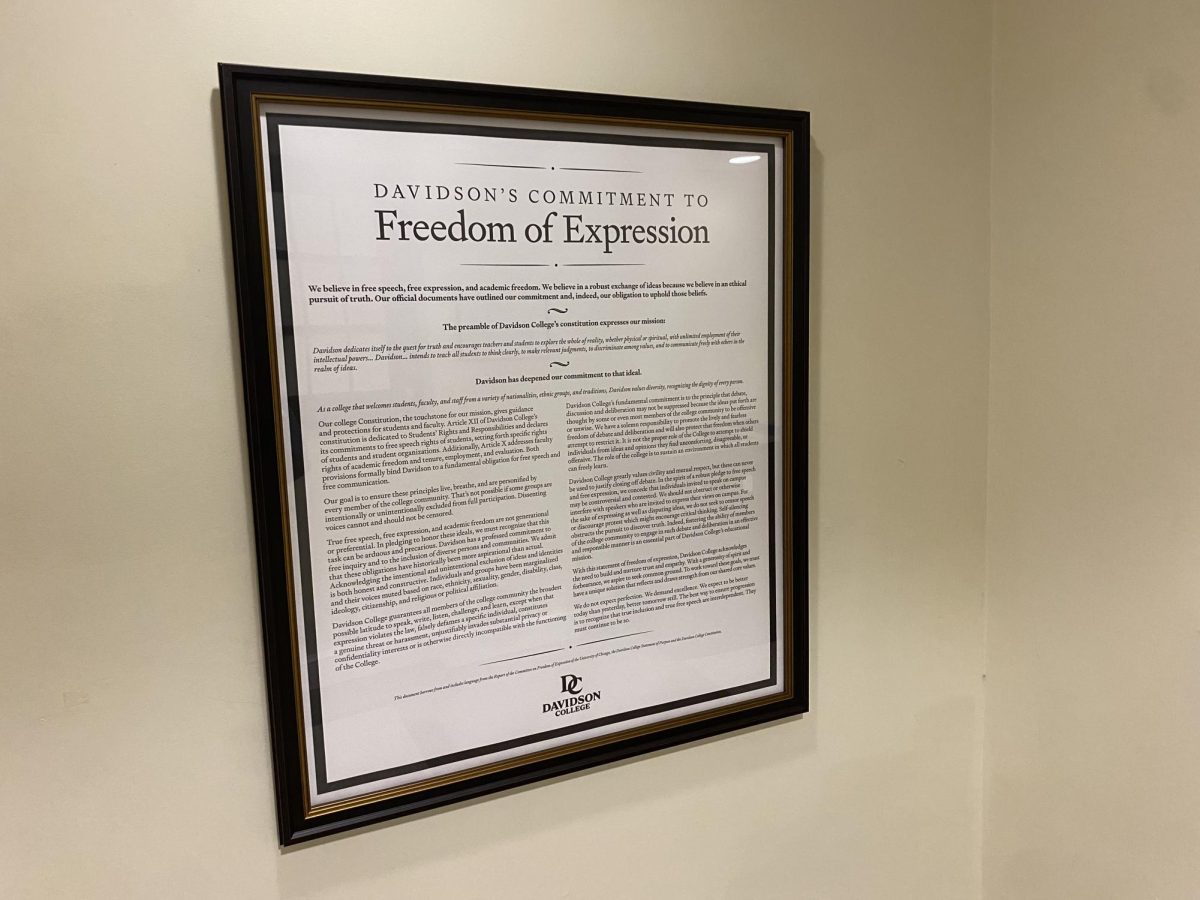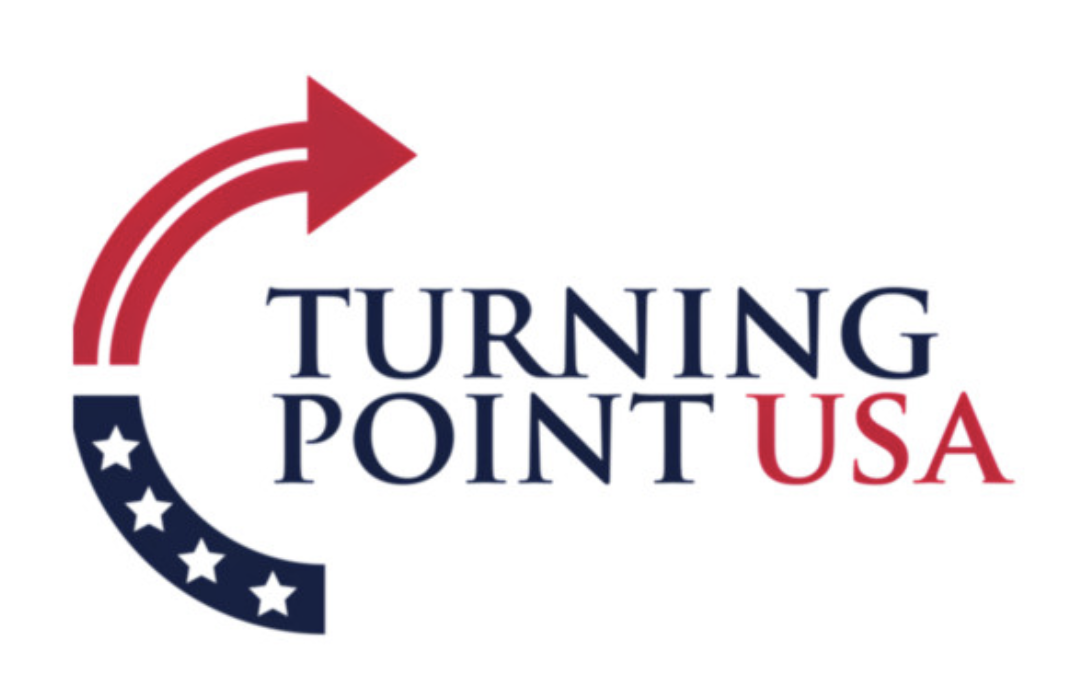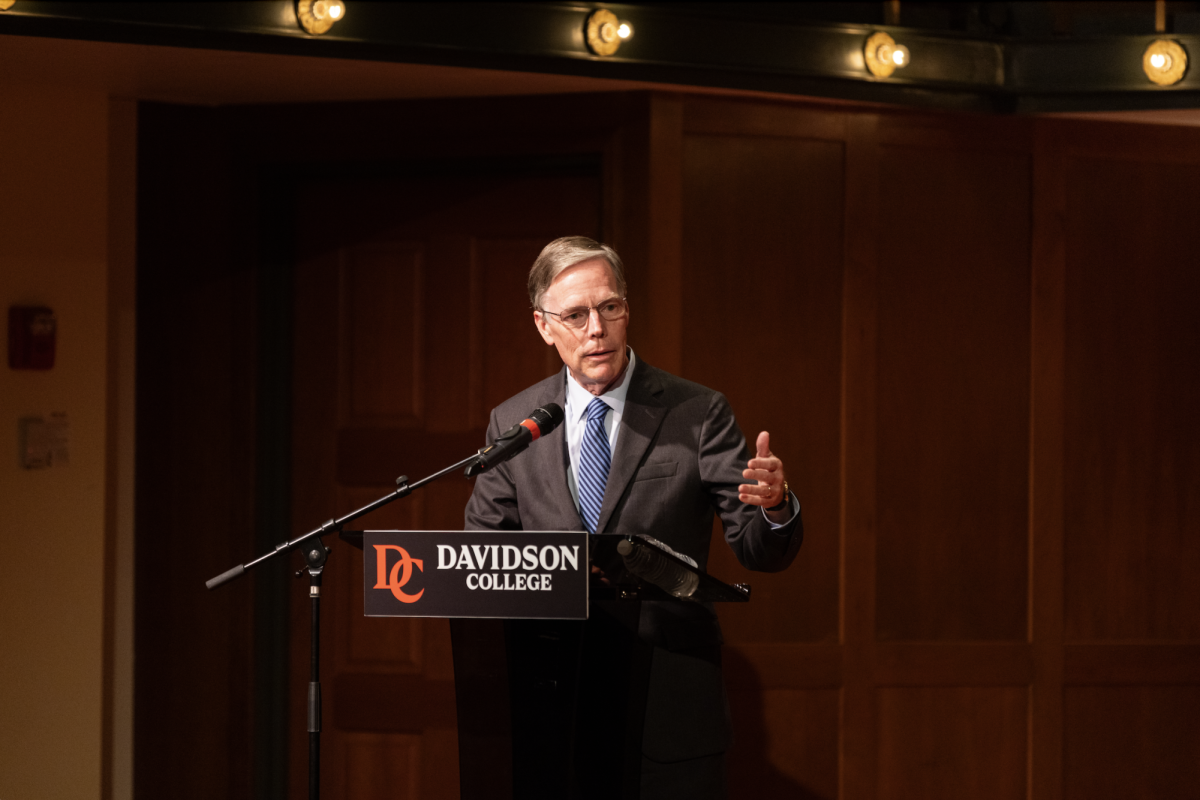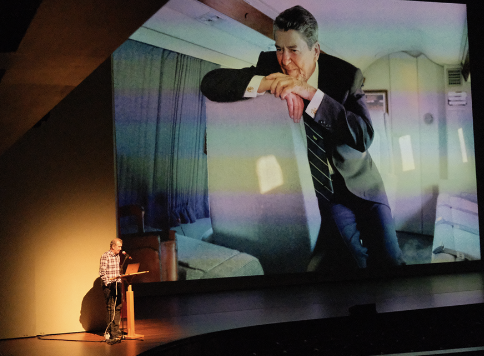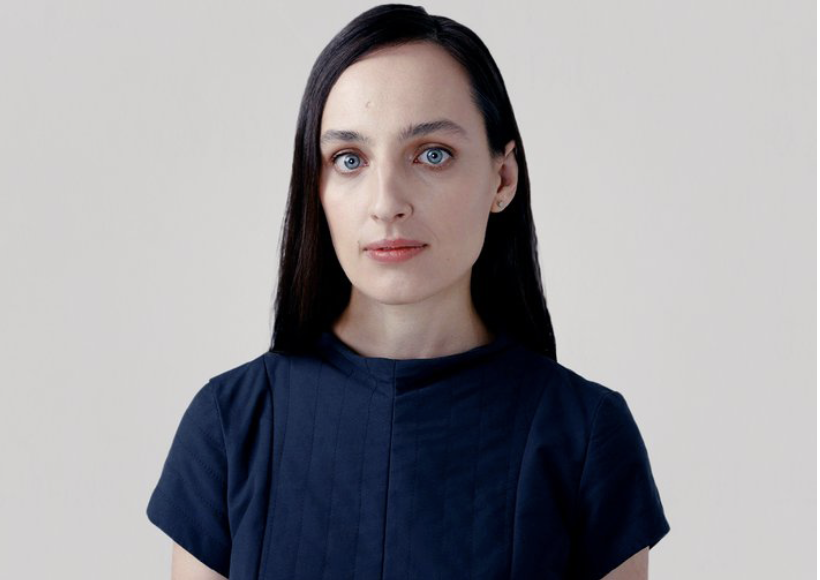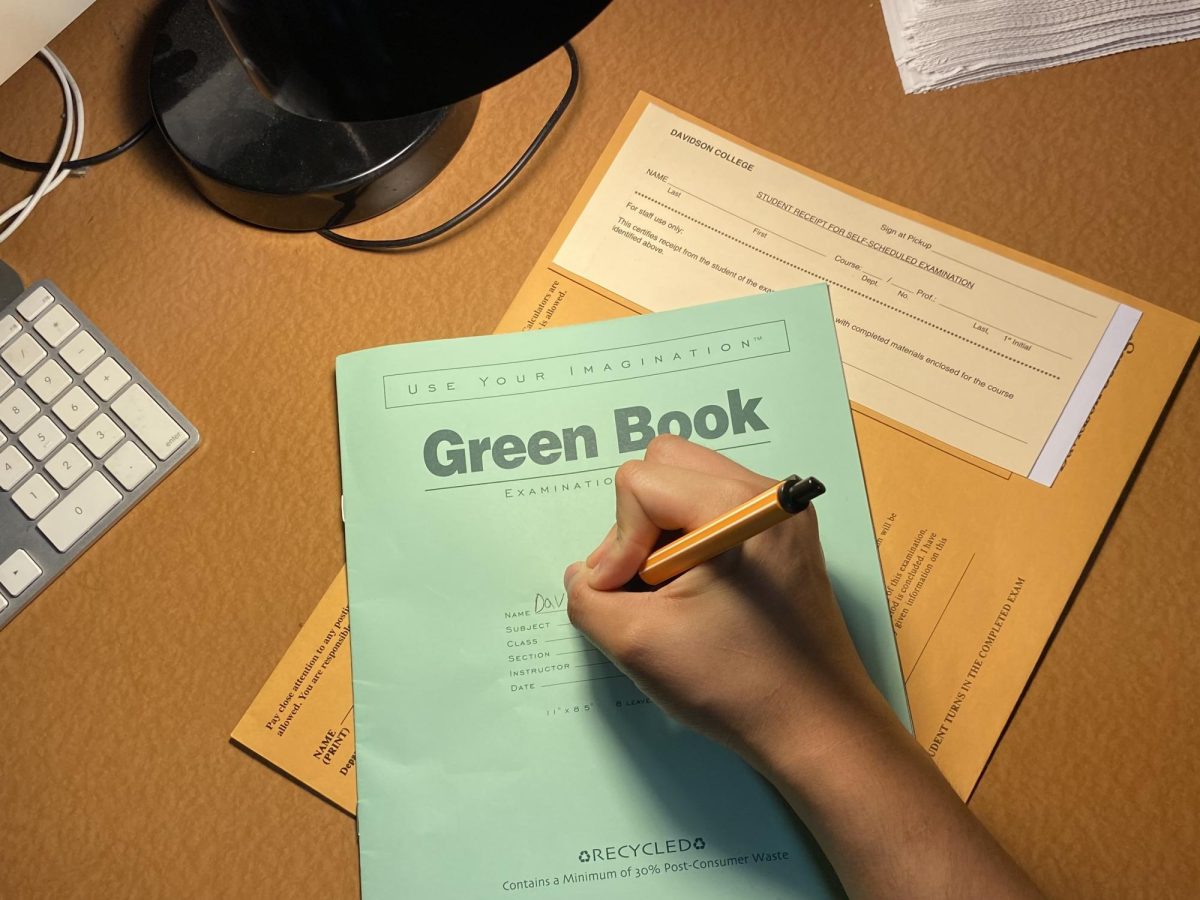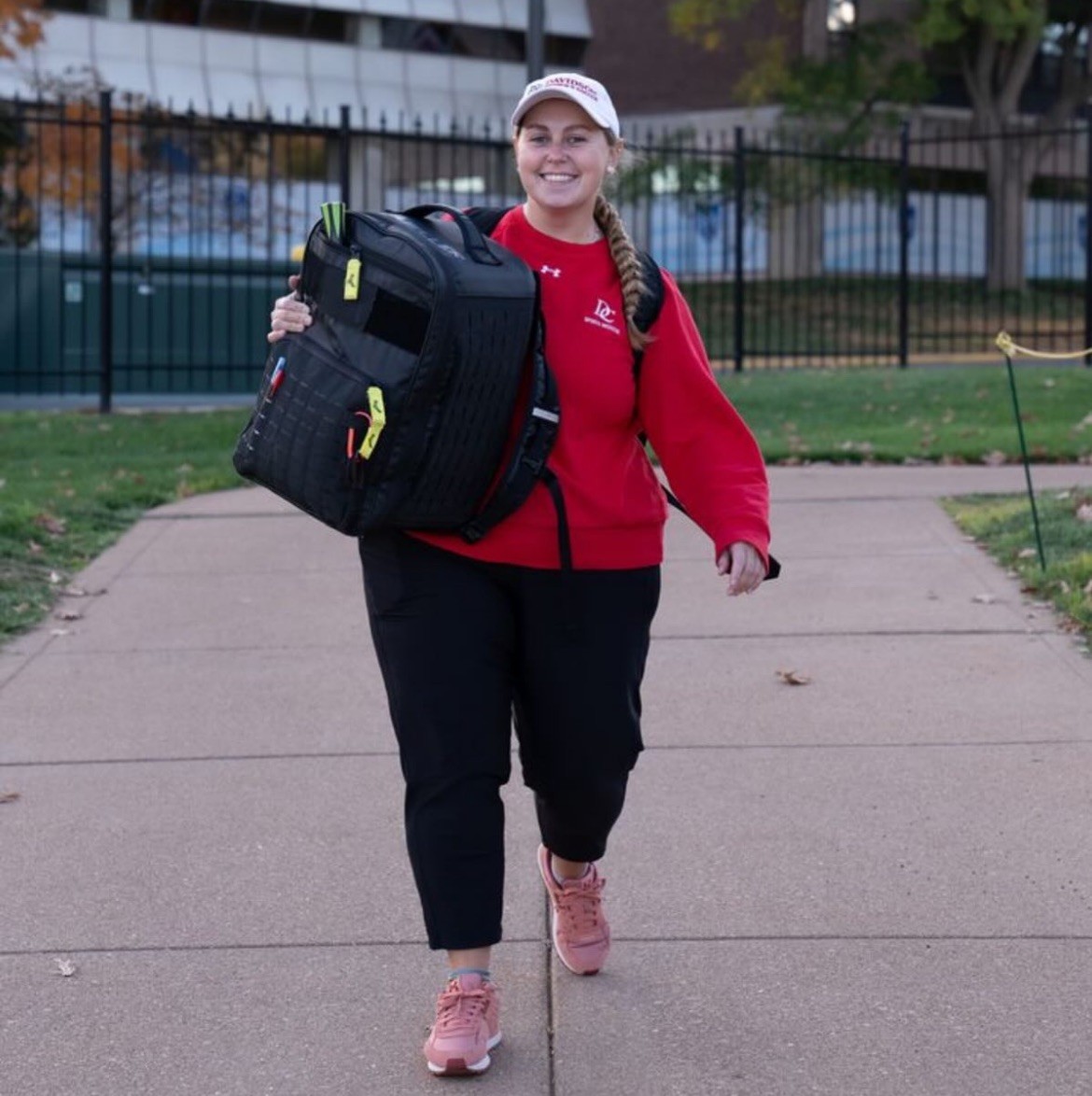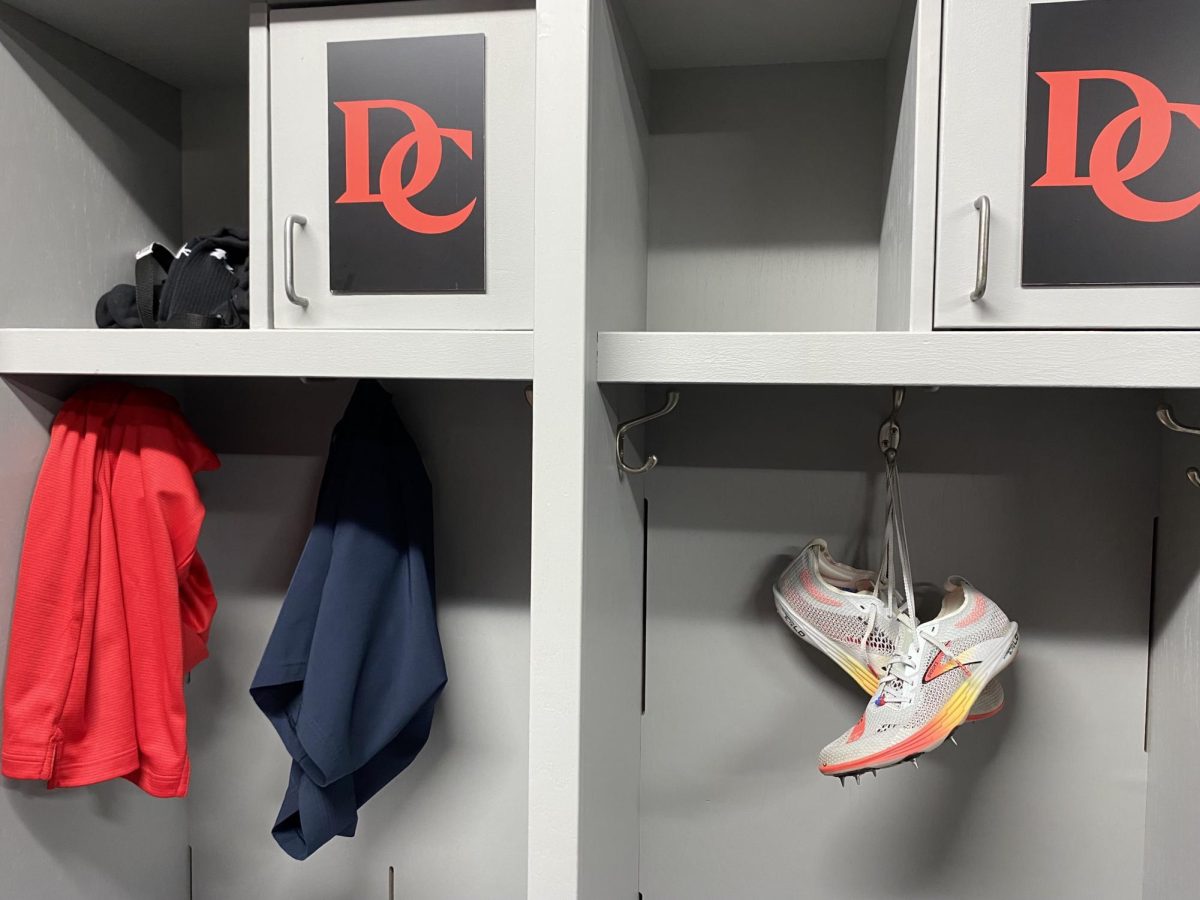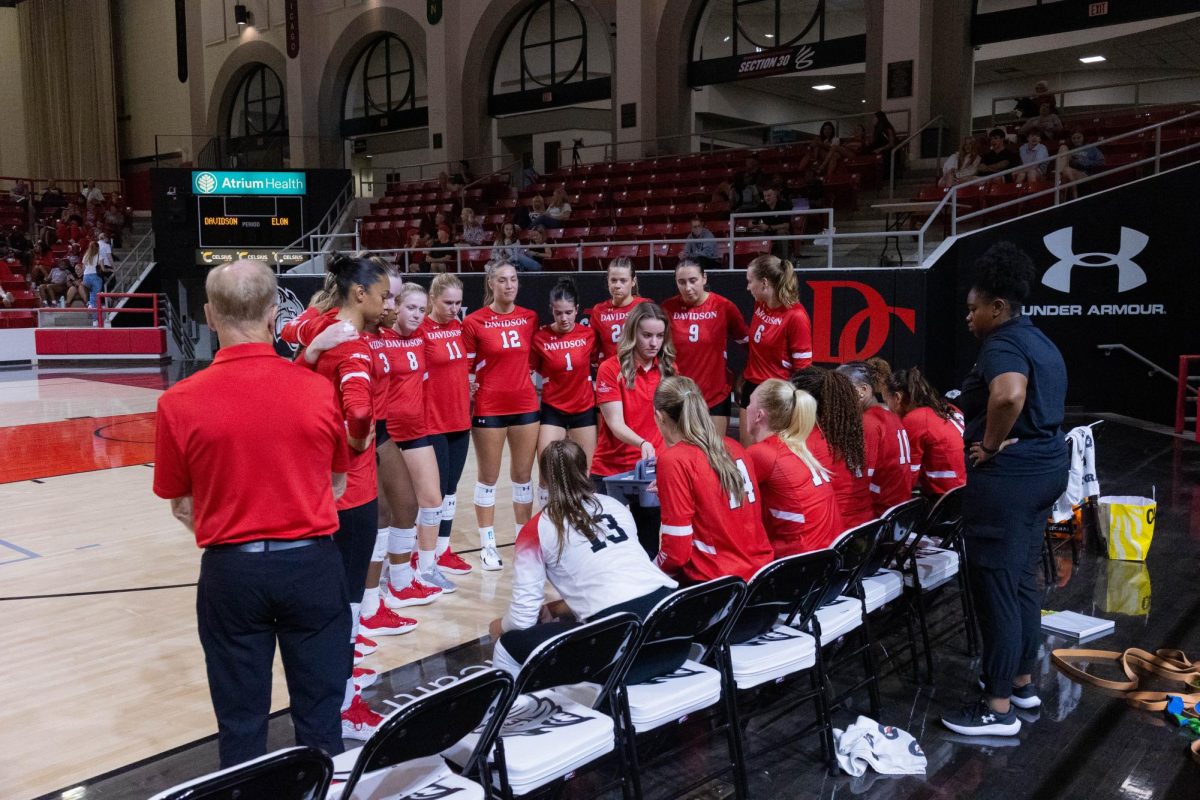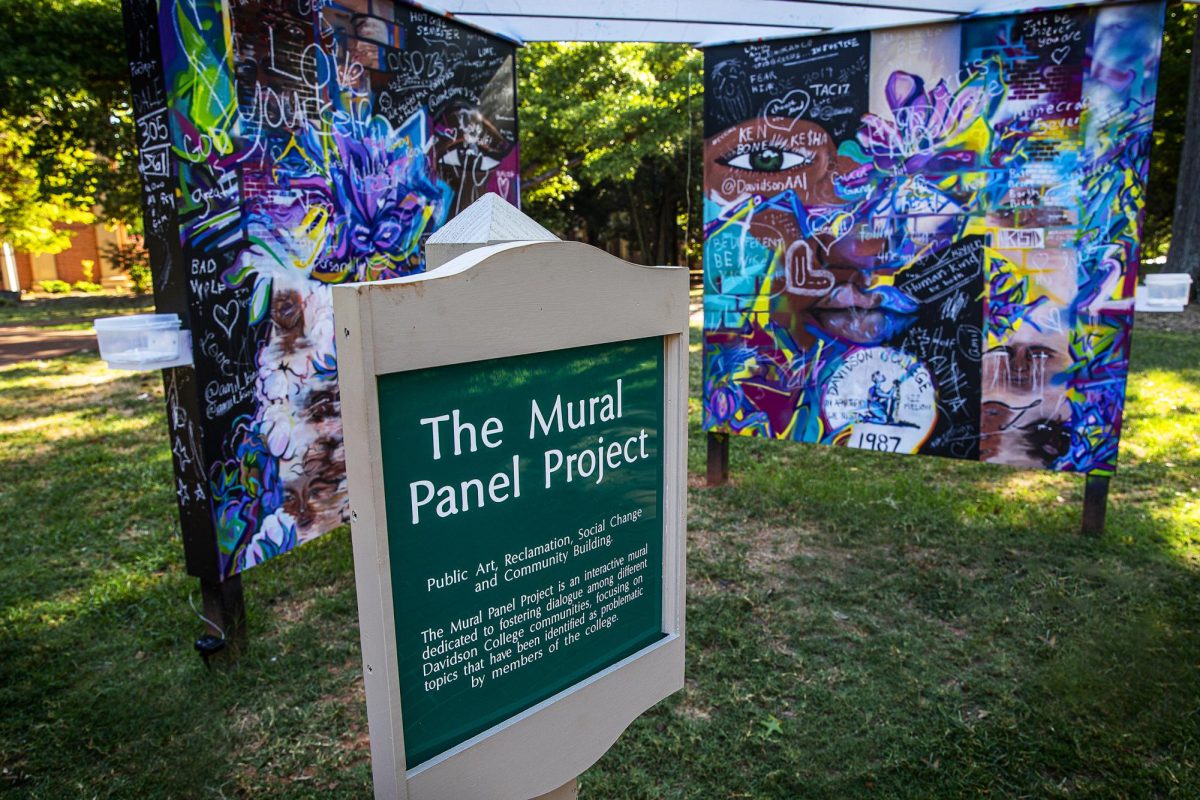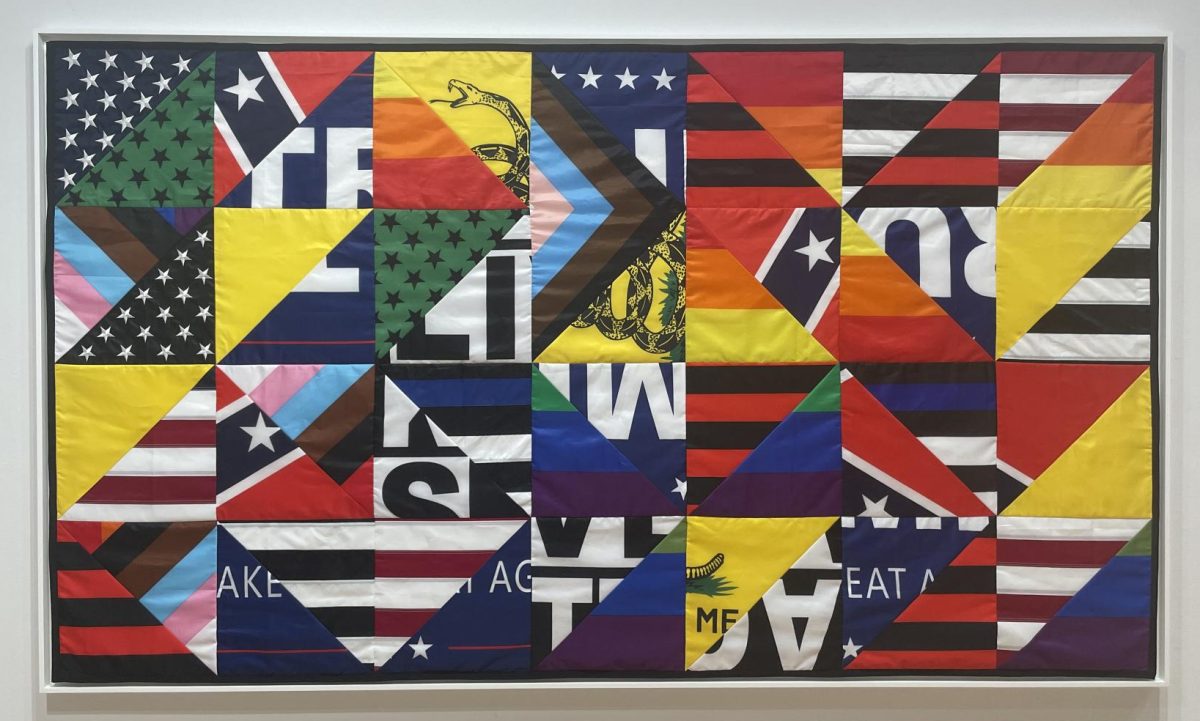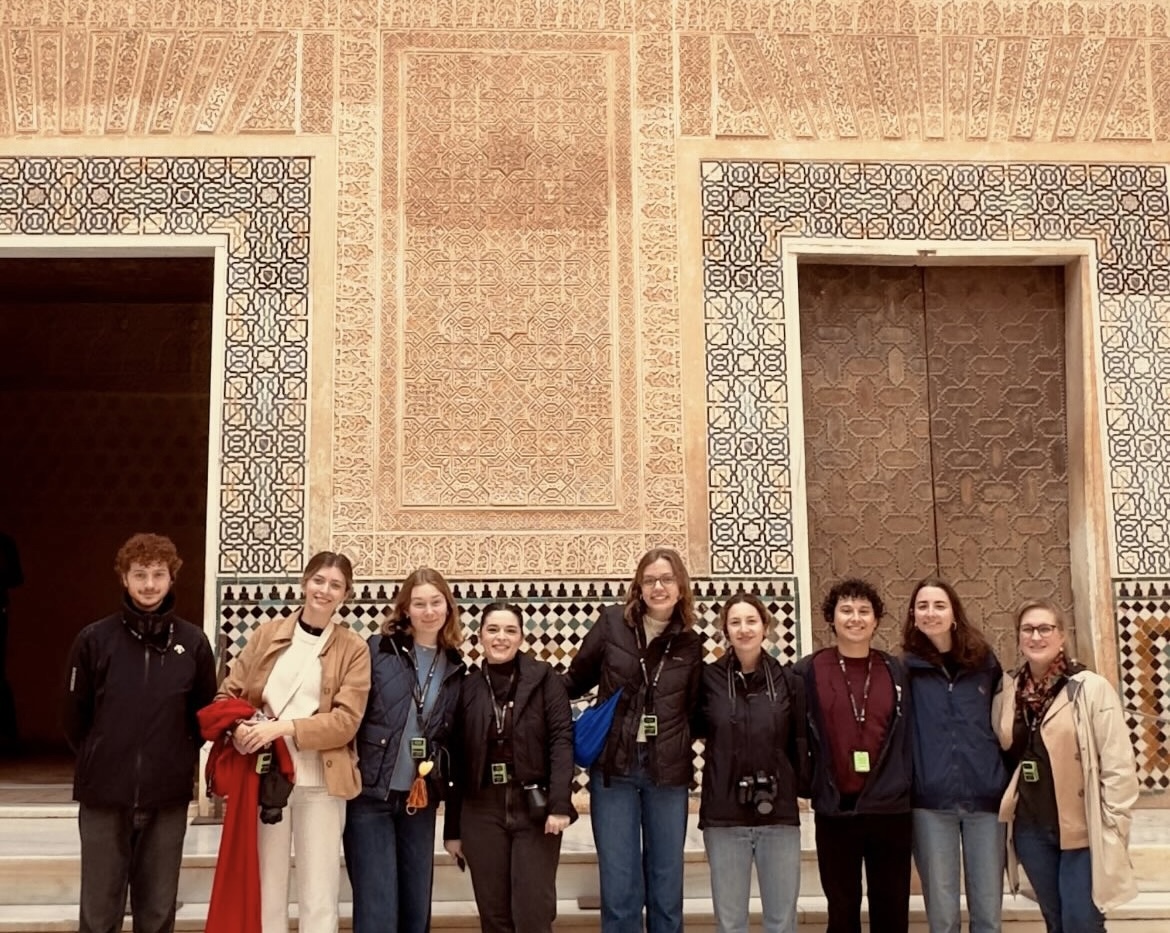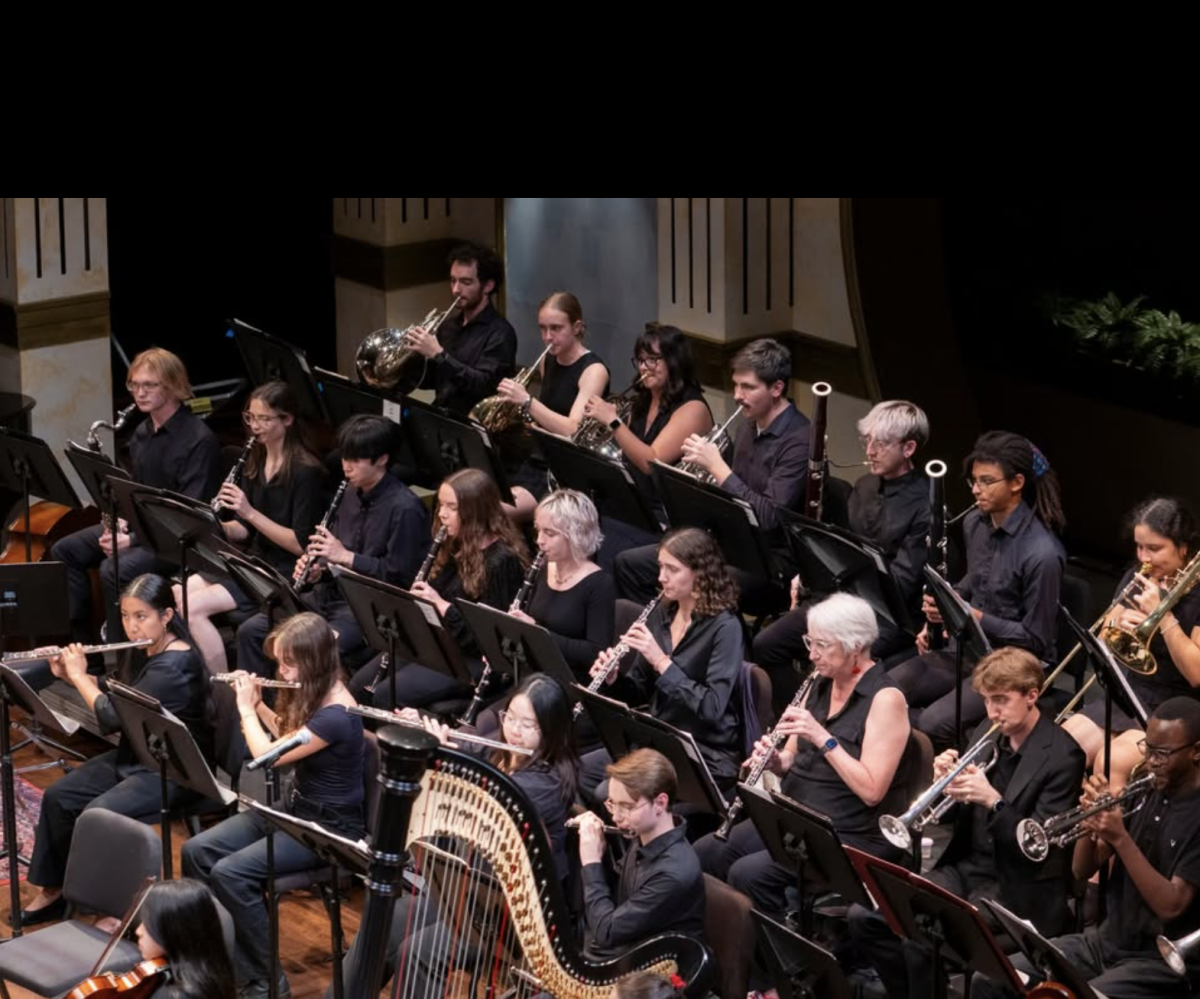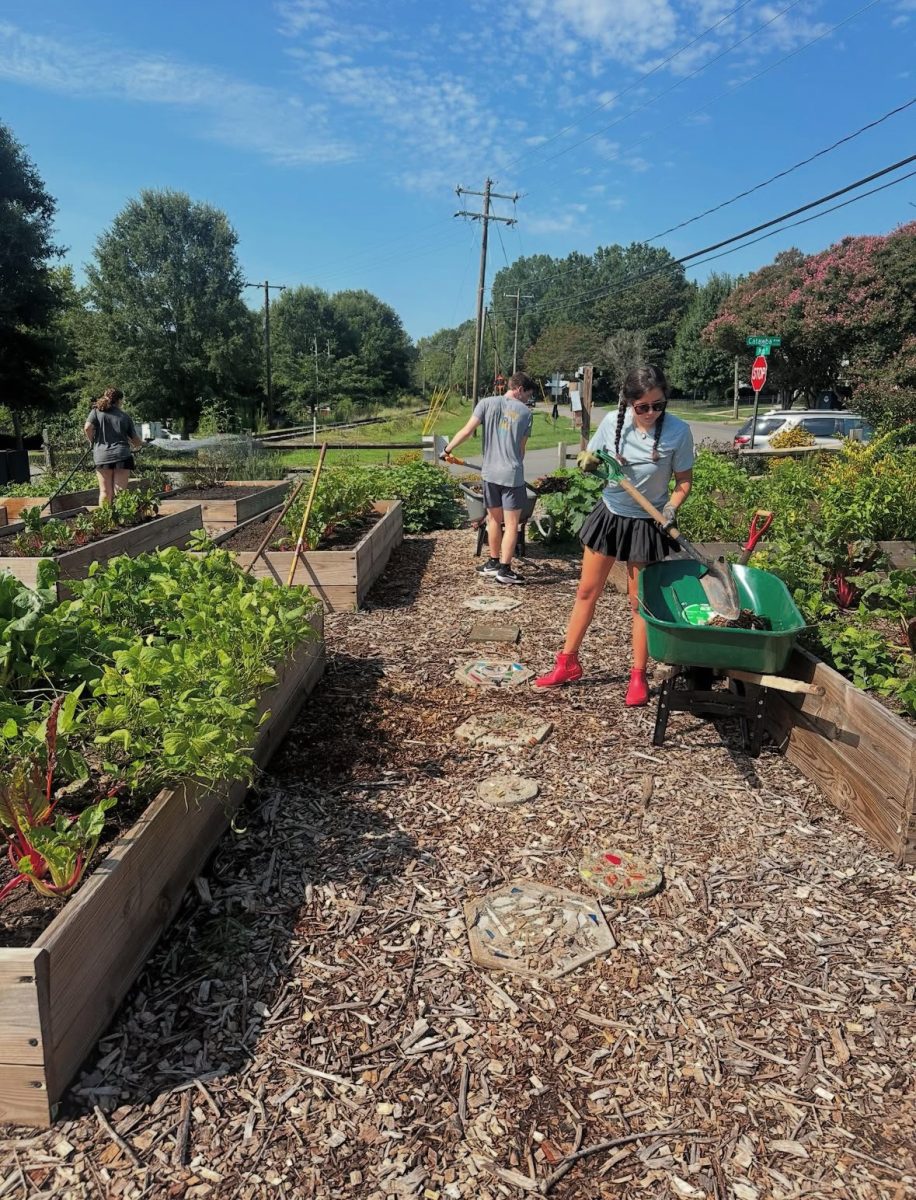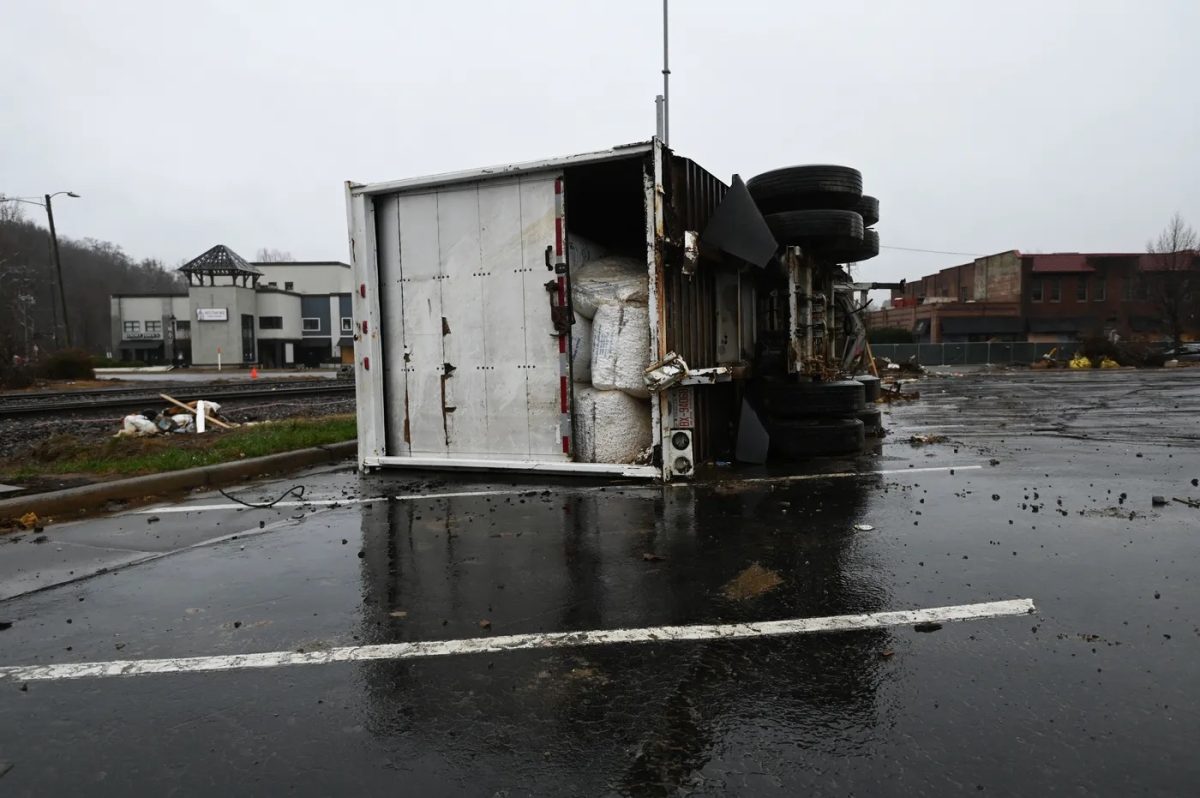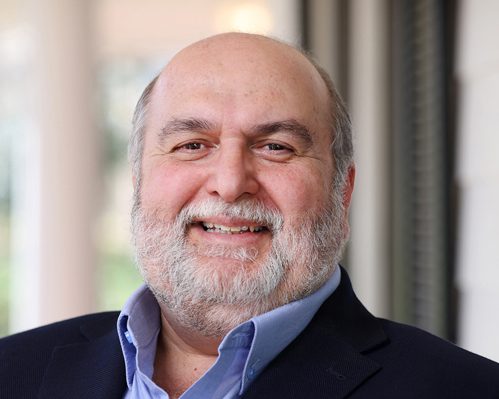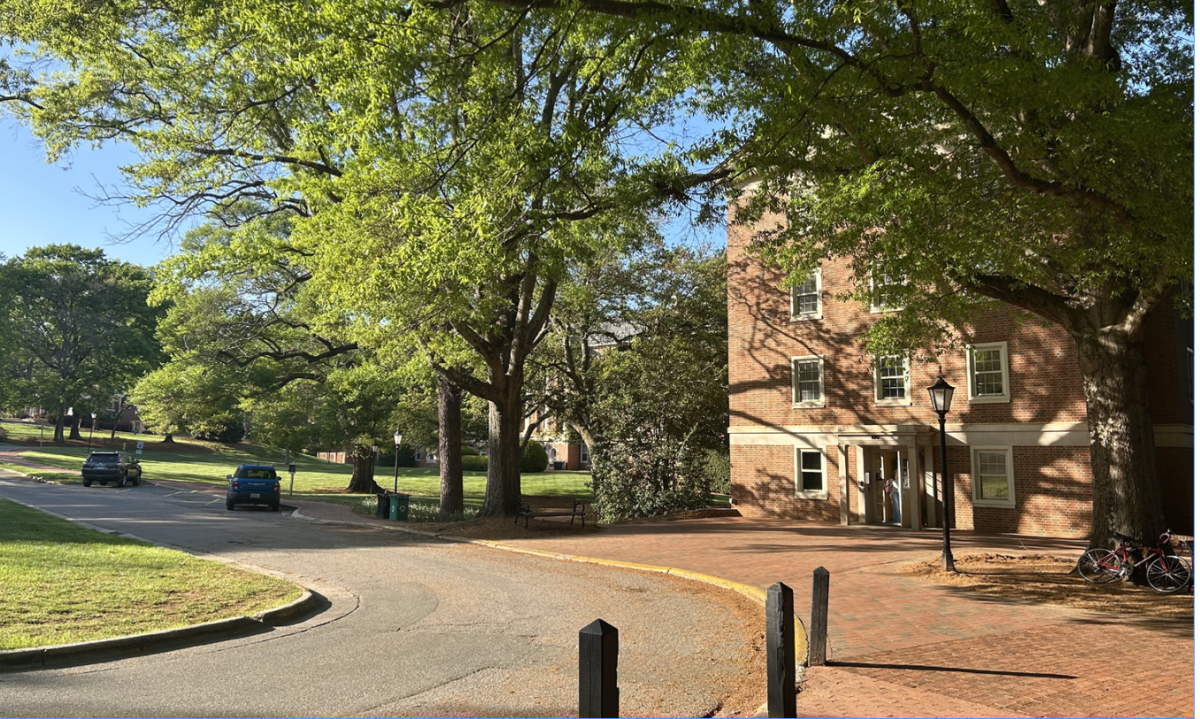Davidson College will not consider faculty applicants for tenure track positions in the current application cycle who require H-1B visa sponsorship. This decision, made by administration, is the result of a new $100,000 fee for new H-1B visa petitions. This fee was announced on September 19 in a Presidential Proclamation and went into effect on Sept. 21.
H-1B visas are given to foreign citizens with a bachelor’s degree or higher in order to fulfill “speciality occupations.” Davidson goes through the H-1B visa process when it hires international faculty.
Vice President for Academic Affairs and Dean of Faculty Shelley Rigger said the fee definitively altered current searches for faculty. “People had collected applications already and were planning to review the applications when the [proclamation] came out and we had to give them the guidance to consider only those applicants who do not require H-1B visa sponsorship specifically,” Rigger said.
At the time of publication, the $100,000 fee only applies to those who are filing a new petition for H-1B visas.
The H-1B process formerly distinguished between for-profit entities and nonprofit institutions, including colleges and universities. Petitions filed by higher education institutions were historically exempt from a nationwide cap on the number of H-1B visa applicants (65,000) permitted per year in the U.S. In contrast, this proclamation appears to affect all petitioners regardless of “cap-exempt” status.
For current faculty members who have H-1B visas, there is not much clarity surrounding how the fee will affect them. Given that having an H-1B visa is a continuous process of application and renewal, the proclamation’s lack of specificity has led to confusion.
“One thing we’re really trying to do is provide existing faculty in this category with honest advice, legal advice. We have an attorney who gives them legal advice,” Rigger said. “The worst thing we can do is to promise someone something that we will be unable to deliver.”
Concern among faculty members is growing as the waiting game unfolds. Chair of the French and Francophone Studies Department Florin Beschea said that the immediate implementation of the fee to the H-1B petition process created an atmosphere of concern.
“Everybody’s panicking. Nobody knows what’s happening, which is exactly the spirit of the sort of action, to just create confusion and make things difficult,” Beschea said.
Assistant Dean of Faculty Development Melissa González said that the emotional toll of this confusion is evident.
“What the current government’s immigration rhetoric and policy has been doing, even before the $100,000 H-1B fee, is adding to an already complicated and onerous situation,” González said.
“Individuals just have to do extra mental and emotional calculus of like, ‘Can I stay? If I stay, what are the opportunities? How long might I be able to have a life here?’”
Associate Professor of Political Science Silvana Toska described bearing witness to this turmoil.
“I have friends who are finishing their PhDs who now find themselves in limbo and don’t know if they should bother applying, because that uncertainty is and we have committed seven years of your life to life here and to being the best researcher you can be,” Toska said. “I can say that universally, we are pretty heartbroken for what it means for our colleagues, for what it means for Davidson, what it means for our students.”
What this means for Davidson is a pause in the ability to consider all applicants in an effort to find the best prospective faculty during the hiring and recruitment process.
“We try our best to make [the hiring process] really meritocratic, so it doesn’t matter where you come from. We don’t care about your nationality. We want the best person for that job, and we care about Davidson, so we want to make sure that we get the best people,” Toska said.
The fee also threatens diversity of nationality among faculty. “If we cannot hire […] people that come from a diverse background, that are trained to be in our [American higher educational] system, but also bring something else, we’re just left in our own little community. Which is fantastic, but it’s not sufficient, because we live in a world. The world needs us. We need the world,” Beschea said.
It is also unclear how long this proclamation will stand. Barring renewal, it is set to be in effect for one year, ending on Sept. 21, 2026.
In the meantime, the visa fee is already facing legal pushback. As reported by the New York Times on Oct. 3, “A group of unions, higher education professionals, religious organizations and others,” in the Northern District of California sued the Trump Administration over the $100,000 fee for H-1B Visas. The suit is based on the lawfulness of the President to unilaterally impose a tax without the permission of Congress.
“The $100,000 is a fee and a fee in excess of the cost of providing the service is a tax, and only Congress can impose a tax. So a court might say you can raise the fee to whatever it actually costs to administer this program divided by the number of visas that you give. But you can’t suddenly impose this huge tax beyond the cost of administering the program without congressional action,” Rigger explained.
“So the whole thing could be struck down. We just don’t know, and the legal challenges can take a really long time to work their way through, and so we are trying to be very cautious, to wait for more information before we do anything that feels like we’re promising something.”
As the legality of the fee and its long term viability continue to be debated, the impacts of the proclamation for this year’s faculty hiring cycle at Davidson have already been cemented.
“There’s plenty of good people with PhDs out there, but I think we do a good job getting the very best, and we won’t have that opportunity [now],” Toska concluded.
Davidson College will not consider faculty applicants for tenure track positions in the current application cycle who require H-1B visa sponsorship. This decision, made by administration, is the result of a new $100,000 fee for new H-1B visa petitions. This fee was announced on September 19 in a Presidential Proclamation and went into effect on September 21.
H-1B visas are given to foreign citizens with a bachelor’s degree or higher in order to fulfill “speciality occupations.” Davidson goes through the H-1B visa petition process when it hires international faculty.
Vice President for Academic Affairs and Dean of Faculty Shelley Rigger said the fee definitively altered current searches for faculty. “People had collected applications already and were planning to review the applications when the [proclamation] came out and we had to give them the guidance to consider only those applicants who do not require H-1B visa sponsorship specifically,” Rigger said.
At the time of publication, the $100,000 fee only applies to those who are filing a new petition for H-1B visas.
The H-1B process formerly distinguished between for-profit entities and nonprofit institutions, including colleges and universities. Petitions filed by higher education institutions were historically exempt from a nationwide cap on the number of H-1B visa applicants (65,000) permitted per year in the U.S. In contrast, this proclamation appears to affect all petitioners regardless of “cap-exempt” status.
For current faculty members who have H-1B visas, there is not much clarity surrounding how the fee will affect them. Given that having an H-1B visa is a continuous process of application and renewal, the proclamation’s lack of specificity has led to confusion.
“One thing we’re really trying to do is provide existing faculty in this category with honest advice, legal advice. We have an attorney who gives them legal advice,” Rigger said. “The worst thing we can do is to promise someone something that we will be unable to deliver.”
Concern among faculty members is growing as the waiting game unfolds. Chair of the French Department Florin Beschea said that the immediate implementation of the fee to the H-1B petition process created an atmosphere of concern.
“Everybody’s panicking. Nobody knows what’s happening, which is exactly the spirit of the sort of action, to just create confusion and make things difficult,” Beschea said.
Dean of Faculty Development Melissa González said that the emotional toll of this confusion is evident.
“What the current government’s immigration rhetoric and policy has been doing, even before the $100,000 H-1B fee, is adding to an already complicated and onerous situation,” González said.
“Individuals just have to do extra mental and emotional calculus of like, Can I stay? If I stay, what are the opportunities? How long might I be able to have a life here?”
Associate Professor of Political Science Silviana Toska described bearing witness to this emotional turmoil.
“I have friends who are finishing their PhDs who now find themselves in limbo and don’t know if they should bother applying, because that uncertainty is and we have committed seven years of your life to life here and to being the best researcher you can be,” Toska said. “I can say that universally, we are pretty heartbroken for what it means for our colleagues, for what it means for Davidson, what it means for our students.”
What this means for Davidson is a pause in the ability to consider all applicants in an effort to find the best prospective faculty during the hiring and recruitment process.
“We try our best to make [the hiring process] really meritocratic, so it doesn’t matter where you come from. We don’t care about your nationality. We want the best person for that job, and we care about Davidson, so we want to make sure that we get the best people,” Toska said.
The fee also threatens diversity of nationality among faculty. “If we cannot hire […] people that come from a diverse background, that are trained to be in our [American higher educational] system, but also bring something else, we’re just left in our own little community. Which is fantastic, but it’s not sufficient, because we live in a world. The world needs us. We need the world,” Beschea said.
It is also unclear how long this proclamation will stand. Barring renewal, it is set to be in effect for one year, ending on September 21, 2026.
In the meantime, the visa fee is already facing legal pushback. As reported by the New York Times on October 3, “A group of unions, higher education professionals, religious organizations and others,” in the Northern District of California sued the Trump Administration over the $100,000 fee for H-1B Visas. The suit is based on the lawfulness of the President to unilaterally impose a tax without the permission of Congress.
“The $100,000 is a fee and a fee in excess of the cost of providing the service is a tax, and only Congress can impose a tax. So a court might say you can raise the fee to whatever it actually costs to administer this program divided by the number of visas that you give. But you can’t suddenly impose this huge tax beyond the cost of administering the program without congressional action,” Rigger explained.
Though the fee could be deemed unlawful, a long legal process is required to get to that point. “So the whole thing could be struck down. We just don’t know, and the legal challenges can take a really long time to work their way through, and so we are trying to be very cautious, to wait for more information before we do anything that feels like we’re promising something,” Rigger said.
As the legality of the fee and its long term viability continue to be debated, the impacts of the proclamation for this year’s faculty hiring cycle at Davidson have already been cemented.
“There’s plenty of good people with PhDs out there, but I think we do a good job getting the very best, and we won’t have that opportunity,” Toska concluded.

